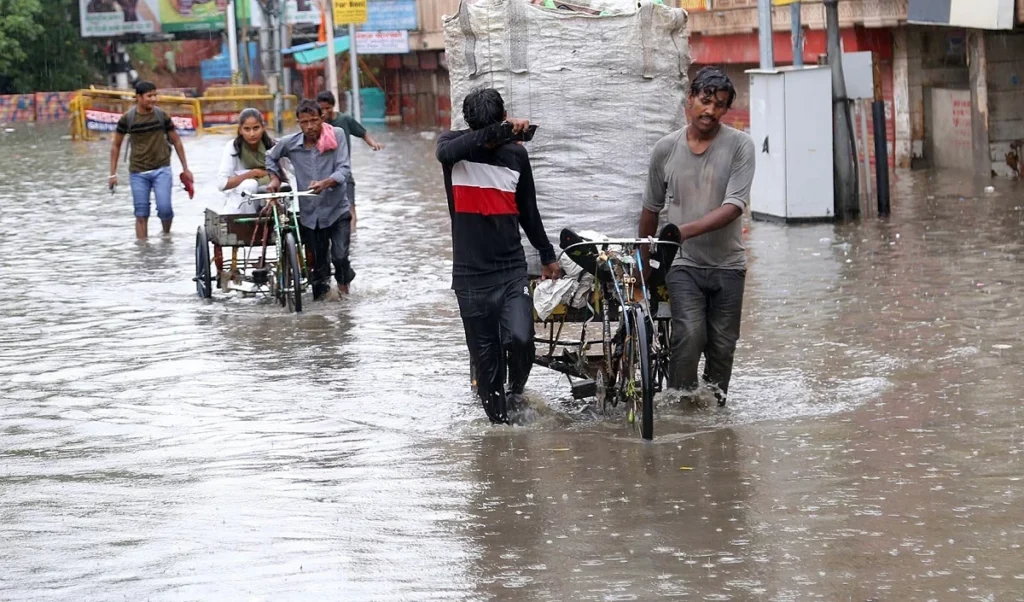YEARS
The Rouse Avenue Court took cognizance of the ED’s prosecution complaint (chargesheet) on July 29, 2022 and issued summons for Satyendra Jain in the case. A bench of Justice Nina Bansal Krishna sought a response from the Enforcement Directorate and fixed the matter for August 22, 2024.
The Delhi High Court on Thursday issued notice to the Enforcement Directorate (ED) on a plea filed by Aam Aadmi Party (AAP) leader and former Delhi Cabinet minister Satyendar Jain challenging the trial court’s cognizance order and subsequent judicial remand order in a money laundering case. The Rouse Avenue Court took cognizance of the ED’s prosecution complaint (chargesheet) on July 29, 2022 and issued summons for Satyendar Jain in the case. A bench of Justice Neena Bansal Krishna sought response from the Enforcement Directorate and fixed the matter for August 22, 2024.
Senior advocate N Hariharan and advocate Mayank Jain appeared for Satyendra Jain in the Delhi High Court. In May, the Delhi High Court had issued notice to the Enforcement Directorate on the default bail plea of Satyendra Kumar Jain in the money laundering case. Satyendra Jain challenged the order of Delhi’s Rouse Avenue Court, which refused to grant him default bail in the case.
Jain, through this default bail plea before the Delhi High Court, argued that the ED failed to complete the investigation in all the cases within the statutory period. Jain further said that the prosecution complaint, which is incomplete in all the cases, was filed in an attempt to deprive the applicant of the right to default bail under the provisions of Section 167 (2) of the CrPC. He further said that it is the settled position of law that filing of a chargesheet when the investigation is pending cannot be used to vitiate the right to default bail. A chargesheet should be filed only when the investigation is complete. Filing an incomplete chargesheet or complaint in a PMLA case when the investigation is pending is violative of the fundamental rights of the accused under Article 21 of the Constitution of India.
Other News



